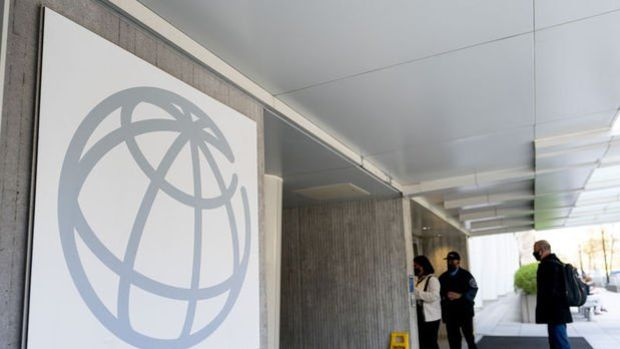World Bank provides $155 million loan to Turkish companies
The World Bank Board of Executive Directors approved a $155 million loan to support the green transformation of companies in Turkey and to increase climate finance in Turkey’s capital markets. The World Bank provided a $155 million loan to increase capital financing for the green transformation of companies in Turkey. According to the statement made by the World Bank, the loan amounts will be used through the Turkish Industrial Development Bank (TSKB), which will use these funds to partially recapitalize the Turkey Green Fund. The loan will be managed by Maxis Venture Capital Portfolio Management Inc. (Maxis), one of Turkey’s major asset management companies, and the project implementing organization within the scope of the Project. The total size of the Project is expected to reach $405 million with the mobilization of a total of $250 million in private capital at the fund and investee level in addition to the World Bank loan. The project will simultaneously support companies’ decarbonization practices and investments in green technologies, the development of the Private Equity sector through a demonstration green fund, the diversification of the financial sector and the improvement of companies’ access to diversified long-term financing, the reduction of high corporate leverage ratios, and the acceleration of financing for green transformation and enhanced climate action. “The largest source of CO2 in Turkey is energy and manufacturing” According to the World Bank’s 2022 Country Climate and Development Report, companies in Turkey need to invest in green technologies to decarbonize, adapt to climate change, contribute to Turkey’s green transformation, increase their growth potential, and create employment. The energy sector is the largest source of CO2 emissions, followed by the manufacturing industry and agriculture sectors. In order for Turkey to achieve its green targets, companies need to decarbonize. At the same time, especially following the EU Green Deal, decarbonization will be important for companies to maintain their growth potential. Given the nature of companies’ investment needs for green transformation, long-term financing will be needed along with knowledge transfer, but financing resources for green investments are not sufficient, mostly consisting of short-term bank loans, and the development of green capital market instruments is insufficient. In his statement on the occasion of the approval of the loan, World Bank Turkey Country Director Humberto Lopez emphasized: “Equity financing provides long-term risk capital and combines these funds with the transfer of know-how, another element that is vital for companies’ green transformation process. Through the Turkey Green Fund, Turkey will also benefit from the global trend where investors are searching for green investment opportunities. Egalitarian investments will be developed The Turkey Green Fund will prioritize investments in green or innovative companies in the process of green transformation, especially SMEs and medium-sized companies, in line with a clear Investment Policy Statement and Green Investment Framework. The project will also develop equitable investments by identifying women-inclusive companies with investment potential. Thanks to this project, Turkey’s financial system will attract private capital, while the private equity sector will deepen and benefit from funds within the Green Investment Framework; TSKB will increase its capacity to pioneer green finance through capital market activities; companies will be able to access long-term financing for decarbonization processes and green technology investments, and diversify their financing with a shift from debt to equity. World Bank Project Team Leaders Gunhild Berg and Etkin Özen commented on the project, “The project will ultimately support the transition to a low-carbon and climate-resilient economy, contribute to the diversification of the financial sector, and support the development of domestic resources for long-term financing, capital markets, and employment creation. Thanks to the proposed structure and focus on capital market instruments, the project has significant potential to attract private capital and create markets.”


